Publications
Articles, publications, books, tools and multimedia features from the U.S. Institute of Peace provide the latest news, analysis, research findings, practitioner guides and reports, all related to the conflict zones and issues that are at the center of the Institute’s work to prevent and reduce violent conflict.
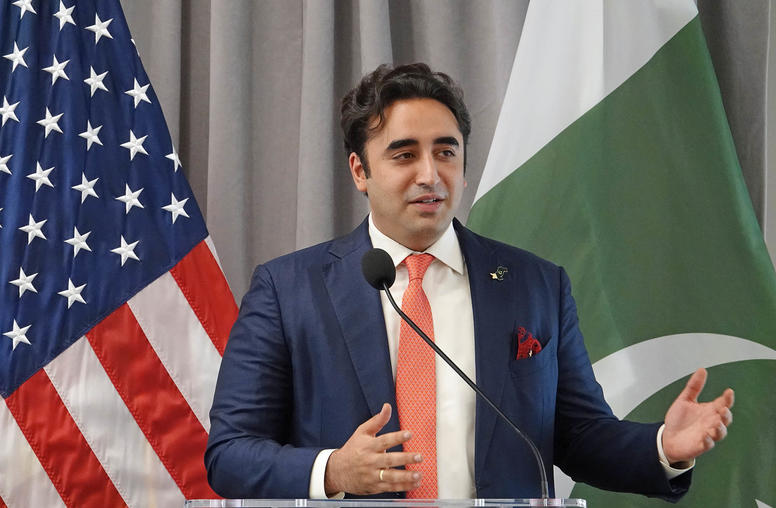
Pakistan Presses U.S. to Lead Global Response to Climate Disasters
Pakistan’s unprecedented flood disaster is a wakeup call for governments and international institutions on the need to build a worldwide response to the disproportionate burden of climate change on nations of the Global South — a challenge that Pakistan’s foreign minister underscored to U.S. officials and foreign policy analysts Wednesday at USIP. Bilawal Bhutto Zardari urged policymakers to lead an international effort to use the Pakistan crisis as a catalyst for a more effective international effort to help the countries most vulnerable to climate change.
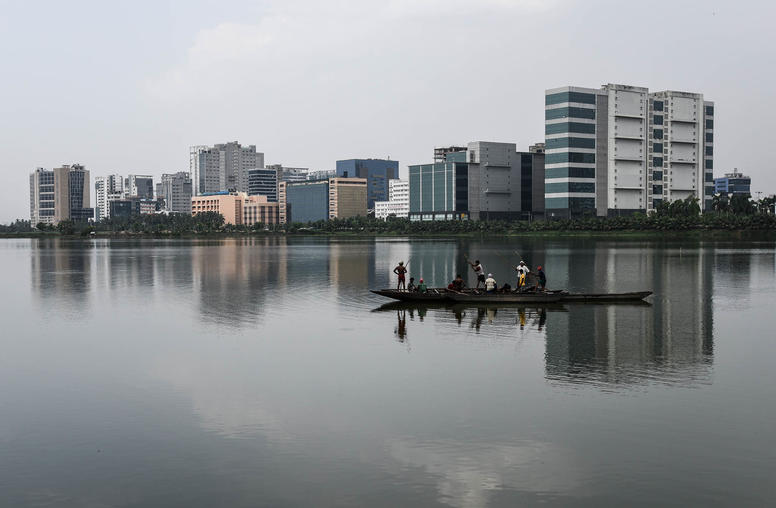
Climate Change, Migration and the Risk of Conflict in Growing Urban Centers
From 2015 to 2050, the world’s urban population is expected to nearly double, in part because migrants from rural areas devastated by climate change are being driven to cities in search of economic and social stability. However, many of the world’s fastest-growing cities are already struggling to handle their own climate issues. From rising seas to freshwater scarcity, the complex interplay of climate change, population growth and fragility in cities has made them hotbeds for social and economic inequalities — increasing the risk of violence and having a profound impact on human security in urban centers around the world.
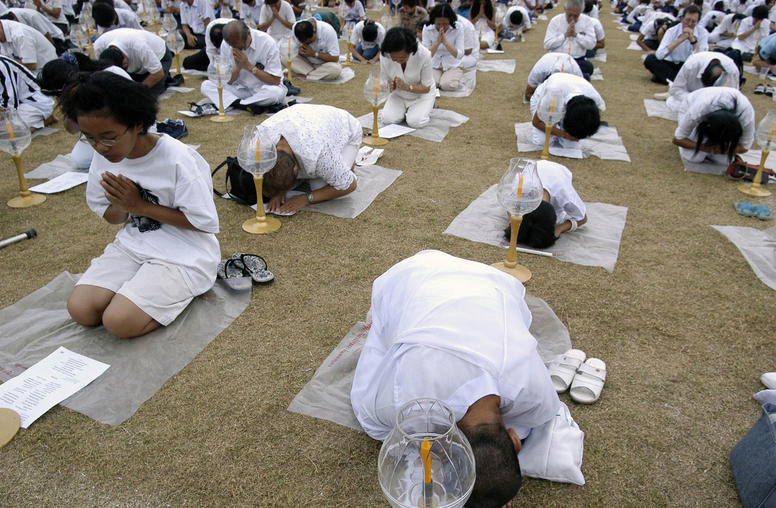
On Climate: To Save the Human Planet, Ally with Human Faith
Humanity’s preservation of a habitable planet now requires policymakers, environmentalists and others to rally billions of people in resisting climate change through a painful remaking of our very economies and societies. Our struggle to build this unprecedented global commitment — notably against headwinds of pandemics, poverty and wars — urgently requires that we build partnership and synergy with a powerful group of allies: religious communities.

Tegan Blaine on Climate Change and Peacebuilding
After the annual PeaceCon featured climate change as one of the conference’s main themes, USIP’s Tegan Blaine says, “It’s no longer possible to say that climate change does not intersect with peacebuilding. The realities are there … we need to be more honest about what the likely impacts are going to be.”

Tegan Blaine on the COP26 Summit
As the climate summit wraps up, USIP’s Tegan Blaine says the focus on net-zero commitments overshadowed immediate concerns such as addressing climate-driven migration: “We needed to commit to these things 10 years ago, 20 years ago … and we didn’t. So now the time is quite short.”
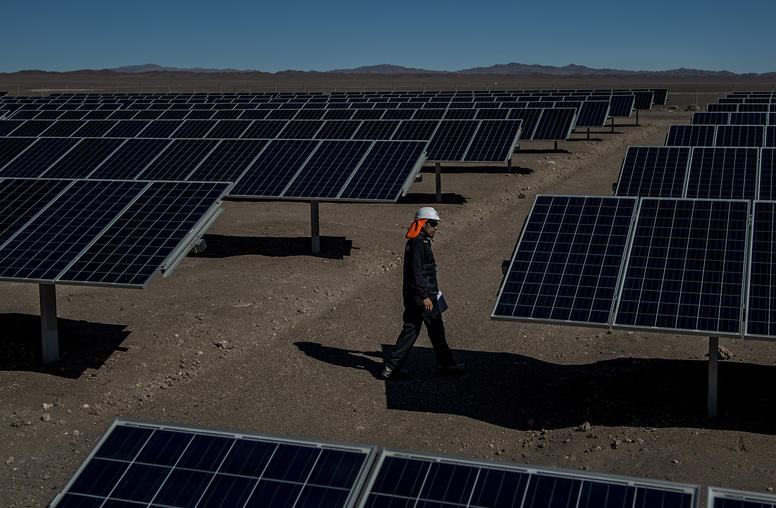
Navigating Land Rights in the Transition to Green Energy
With the global energy sector responsible for two-thirds of carbon dioxide emissions, renewable energy has enormous potential to mitigate the impacts of the climate crisis while simultaneously addressing energy poverty in developing states worldwide. However, clean energy development is far from smooth sailing, as renewable energy infrastructure requires ten times more land than the fossil fuel equivalent to generate the same power.

Tegan Blaine on How Climate Change Impacts Global Conflict
USIP’s Tegan Blaine says we must be cognizant of how efforts to reduce climate change can exacerbate instability and conflict, as the resources needed for a greener global economy “are in places where the countries are already politically fragile” and higher demand adds more stress to already burdened institutions.
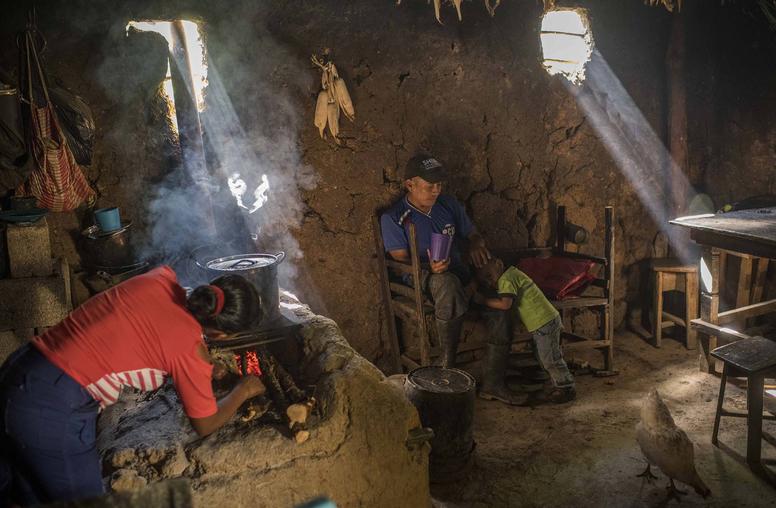
Climate change risks new violent conflict. How to respond?
As climate change amplifies weather disasters and destabilizes food and water supplies, recent research is confirming its effects on the global south: Our planet’s warming is weakening already fragile states, increasing the risk of violent conflicts and accelerating human displacement and migration. Like any global shock, it is putting poorer nations most at risk. The United States and the international community can counter these rising hazards by setting basic priorities in assistance programs. Among these are to target cities with a strategy that helps local populations adapt to climate change and manage conflicts nonviolently, and to strengthen regional organizations’ abilities to tackle fragility problems.
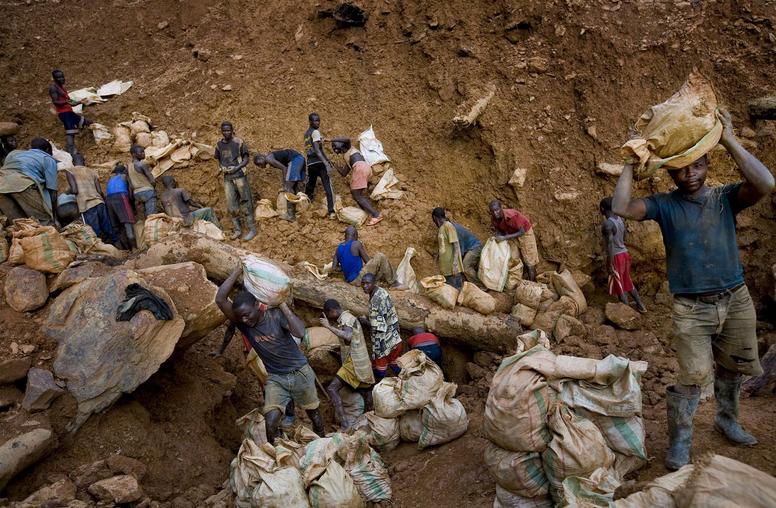
A ‘green economy’ risks new conflicts—but that’s avoidable.
The United States will host 40 world leaders this week to accelerate the fight against global warming. In those talks and in the imperative changes to come, officials and advocates must watch for an unintended danger of new policies—their potential to ignite or inflame violent conflicts. A key to reducing this danger is to marry reforms for a cleaner global economy to those for transparent, accountable governance and commerce. Put simply, any successful greening of the global economy will heighten the costs and violence that humanity risks from corruption and authoritarianism worldwide.